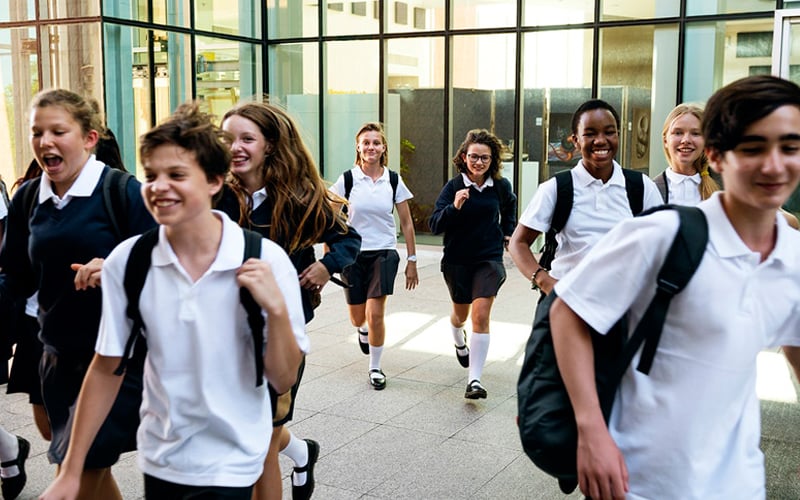Embracing Changing Education: Smart Strategies for Student Success
New learning strategies are appearing to guarantee pupils are armed with the tools they need to flourish as educational institutions change to prepare them for the difficulties of an ever digital and linked society. Schools, universities, and other organizations are changing conventional teaching methods, stressing improvement of digital literacy, critical thinking, and teamwork abilities. Students will be able to thrive in their academic paths and future professions by embracing these developments as education is being shaped by technology fast.
The change from traditional learning techniques to contemporary, technology-enhanced ones opens up interesting possibilities for students to acquire knowledge, work with peers all around, and establish future-ready competencies. Adopting these modifications helps pupils to be more ready for the fast-paced digital environment. Therefore, why not try here a method guaranteeing every pupil can succeed by means of invention.
Improving Digital Literacy
Improving digital literacy is one major emphasis of changing education systems. This means instructing pupils on the concepts of cybersecurity, online information evaluation, and the use of digital tools. Mastering these abilities will help students to boldly negotiate the digital sphere and make sure they remain informed and safe as they study.
Educational institutions are including technology-based courses, coding initiatives, and interactive learning environments to help this. These approaches help students develop creativity, critical thinking, and problem-solving skills—all of which are absolutely vital for current jobs.
Adopting Flexible Learning Models
Flexible learning approaches are replacing the conventional “one-size-fits-all” approach to education. These consist of mixed learning, online tools, and tailored study schedules meant to fit students’ particular learning speeds and preferences. Such approaches enable students to take charge of their education, so transforming learning into something more interesting and available.
For example, digital platforms give students round-the-clock access to interactive homework, video lessons, and study resources. This adaptability lets people review ideas, work on problem-solving, and increase their knowledge anytime it fits their timetable.
Preparing for Future Jobs
Modern educational systems are also giving career readiness top priority by include critical thinking, adaptability, and emotional intelligence. From an early age, schools provide chances to investigate career possibilities, mentoring programs, and hands-on learning experiences.
Combining academic knowledge with practical skills enables students to confidently move from academia to the working world, armed with the tools they need to succeed.
The development of education is improving learning opportunities. Students get a competitive edge in an ever more linked society by means of digital literacy, adaptable learning approaches, and cooperative abilities. Investing in these contemporary strategies guarantees that students are ready for chances and challenges in the road. Thus, why not try here a method meant to improve education and free students’ full potential.








